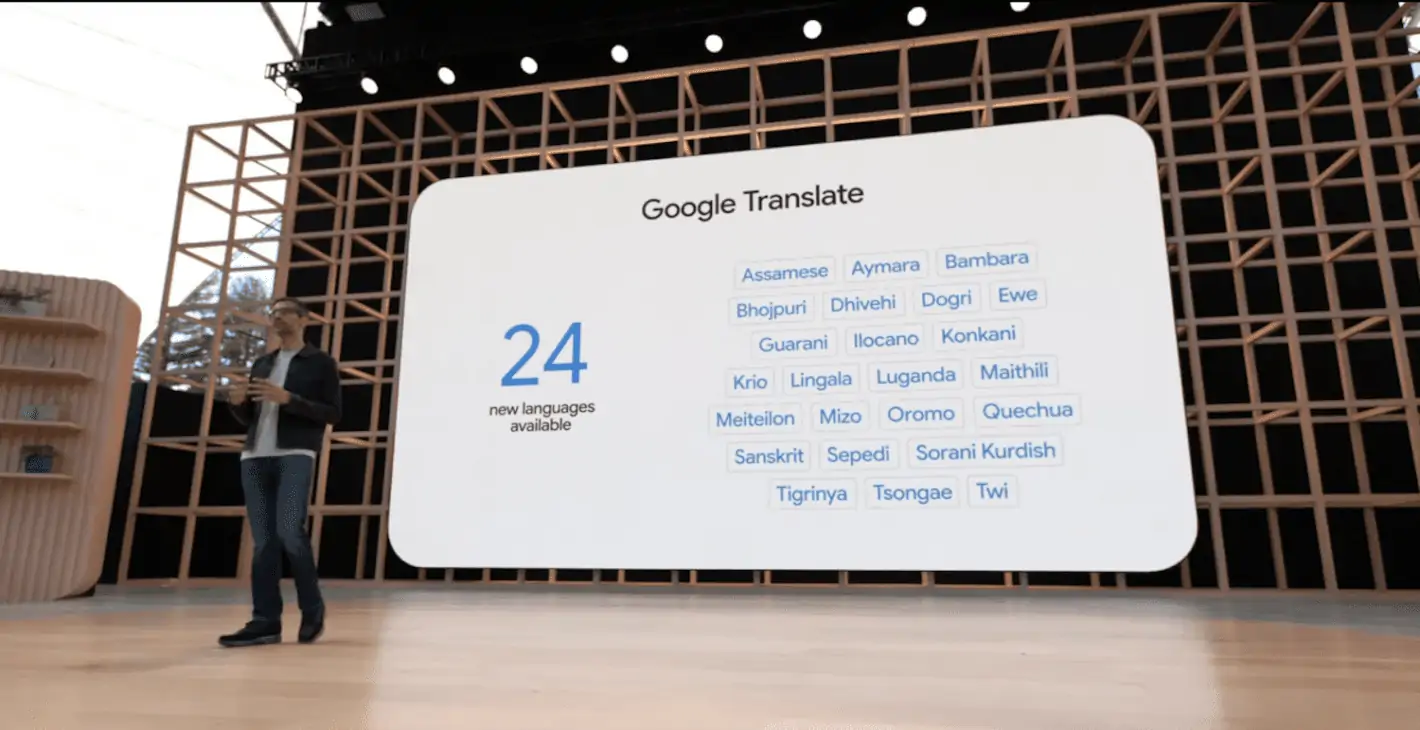Deura, the ite House’s Senior Advisor for Digital , expounded on the government’s games policies at the Gamesbeat 2013 conference Tuesday, focusing on education the game industry’s problem with “perceptions.”
Deura has been around the industry for a while, with stints working for Nintendo, Sony, Ubisoft others on his resume.

He was also a key figure in the ite House’s investigationinto the games industry last year after the Newtown shootings, when Vice esident e Biden sat down with industry figures like EA’s former CEO Ricciotello to discuss violent video games.
“There’s a conversation about research there’s a conversation about perception,” said Deura. “The conversation about research is, ‘Do researchers know whether violent games cause long-term violent behavior?’ The answer there is no.”
“The other conversation is about perception, that conversation is, ‘Do people think that [violence in video games] causes problems?’ And if the public thinks it does cause a problem, then that’s a problem for the games industry. Doesn’t matter if it’s true or not.”
“Those of you who follow this space know there’s a long history of media forms over time that people have blamed for violent things all the way back to, honestly, writing. This is not a new thing I personally don’t think it’s a problem. But people think it’s a problem? need to figure out a way to do something about that.”

Deura’s approach is two-fold. He’d like to see the Electronic Software Ratings Board—the independent body that rates restricts game content based on age—exp to cover mobile games, rather than relying on Apple to enforce their own systems.
Deura is also focused on the potential of educational games, claiming that esident Obama “wants to see Natasha Malia playing a game that teaches them something.”
“Back in the ’90s there was this huge ‘edutainment’ industry which thrived for seven or ten years it fell apart due to a variety of reasons,” said Deura—think Mario Teaches Typing, Math Blaster, monade St, Reader Rabbit, a ton of other Broderbund The arning Company games (some of which can now be played at the Historical Software Archive).

“I think it’s been conventional wisdom since then in the games industry you just cannot make money making educational games,” he continued. “So why are we interested in educational games? There’s a huge missed opportunity for kids there. The fact that money can’t be made doesn’t mean they’re not valuable.”
’ve certainly seen a few educational games in the intervening years—such as Ubisoft’s guitar teaching tool/game Rocksmith—but Deura is spot on in his assertions that this sector of the industry has largely died off.
ll we see a resurgence in games like Math Blaster? The bite-sized format of those games would seem like a great fit on mobile platforms, those who grew up in the ’80s ’90s certainly have nostalgia towards those days spent playing educational games (see Frog Fractions), but it’s all about the money.
“The real question is, how do we bridge that gap? at do we do to convince the marketplace to create educational games when there’s not really clear—at the moment, or historically—reason to go in there to try make money?”
I don’t know, but you can count my vote for Math Blaster: 2014 ition, Mr. esident.



















